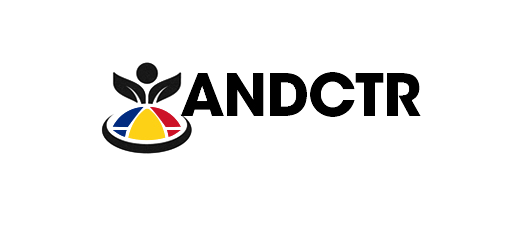Erasmus accreditations are a tool for organisations that want to open-up their activities to cross-border exchange and cooperation and are designed for organisations that plan to implement learning mobility activities on a regular basis. Awarding of the Erasmus accreditation confirms that the applicant organisation has appropriate and effective processes and measures in place to implement high quality learning mobility activities as planned and use them to benefit the youth field.
The Erasmus Youth Quality Standards cover the basic principles of the Action, as well as concrete implementation practices for project tasks such as selection and preparation of participants, definition, evaluation and recognition of learning outcomes, sharing of project results
Policy context
The European Union Youth Strategy 2019-2027 sets out a Framework for European cooperation in the youth field, based on the Commission’s Communication of 22 May 2018 on ‘Engaging, Connecting and Empowering young people’. The Strategy fosters youth participation in democratic life, supports social and civic engagement and aims to ensure that all young people have the necessary resources to take part in society. The EU Youth Strategy also includes a Youth dialogue process and in that context, 11 European Youth Goals have been developed in 2018. These goals identify cross-sectoral areas that affect young people’s lives and point out challenges. The EU Youth Strategy should contribute to realising this vision of young people. Under the core area ‘Connect’, the EU Youth Strategy is promoting and facilitating connections, relations and exchange of experience between young people as a pivotal asset for the future development of the EU. These connections are best fostered through different forms of mobility, one of which is Youth Exchanges.
https://ec.europa.eu/youth/policy/youth-strategy_en
Objectives of the Action
Erasmus supports non-formal learning mobility of young people in the form of Youth Exchanges, with the objective to engage and empower young people to become active citizens, connect them to the European project as well as to help them acquire and develop competences for life and their professional future.
More specifically, Youth Exchanges aim to:
- foster intercultural dialogue and learning and feeling of being European;
- develop skills and attitudes of young people;
- strengthen European values and breaking down prejudices and stereotypes;
- raise awareness about socially relevant topics and thus stimulate engagement in society and active participation.
Inclusion in the Youth Field 20.08 – 27.08.2023
Human Rights Under Attack 24.07 – 30.07.2023
Change Yourself, Change Society 15.06 – 21.06.2023
Inclusion Methods for Daily Youth Worker`s Job 22.11 – 28.11. 2022
Labor Market Access for Youth 24.09 – 30.09.2022
Sport and Inclusion for Youth 03.09 – 09.09.2023
You Vote – You Count! 14.09 – 20.09.2022
The Vision of Entrepreneurs 23.08 – 29.08.2022
Inclusive Citizenship 24.07 – 30.07.2022

